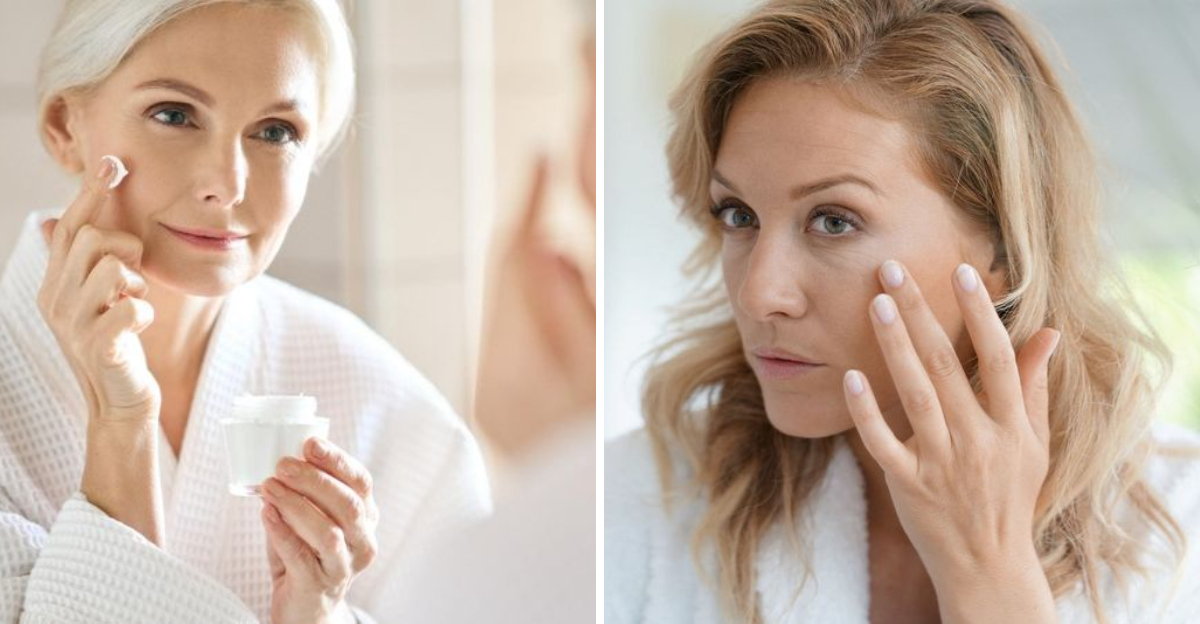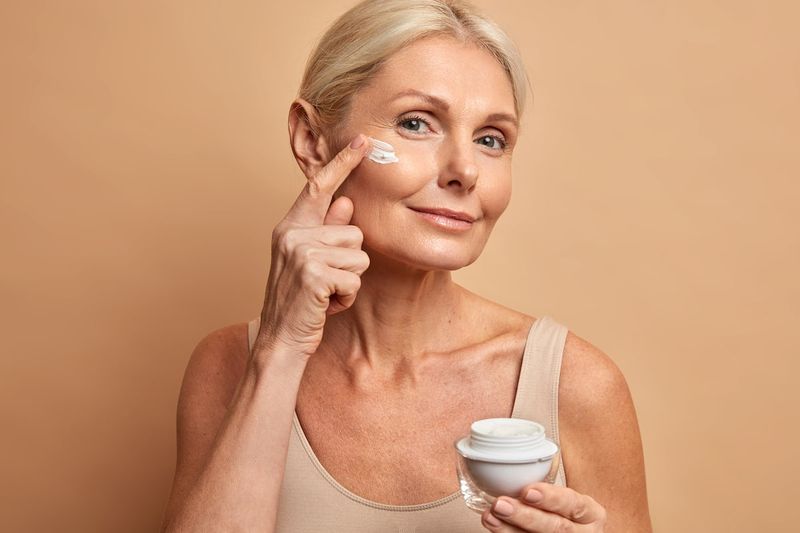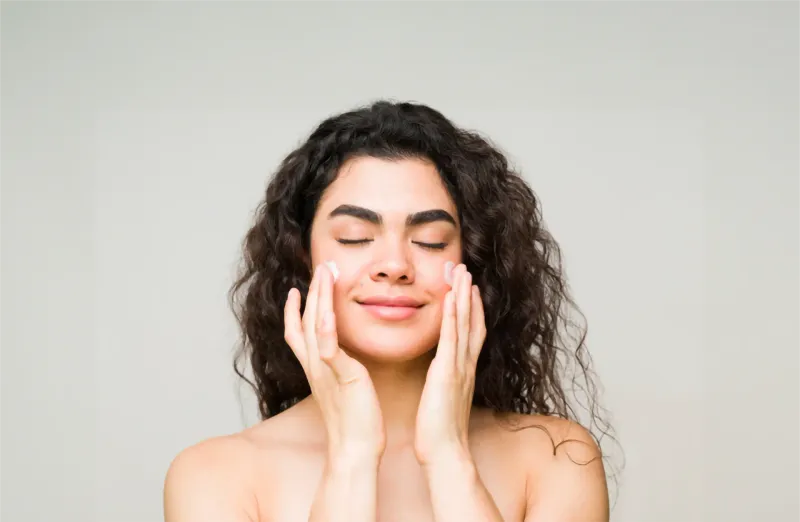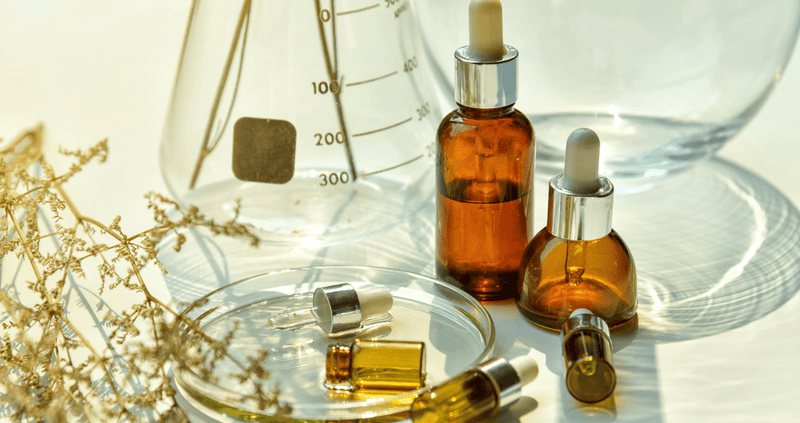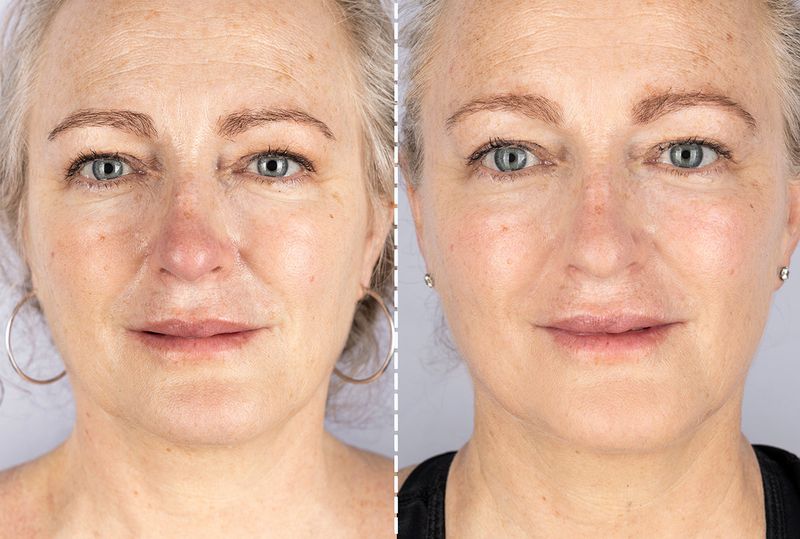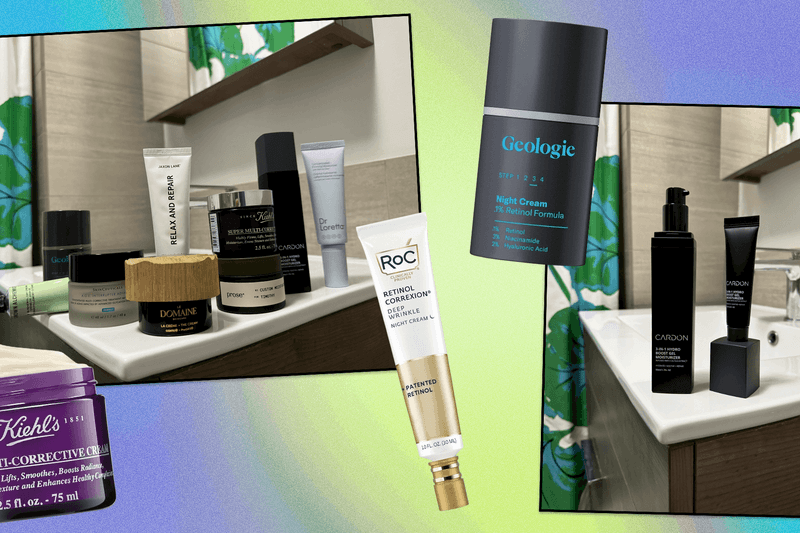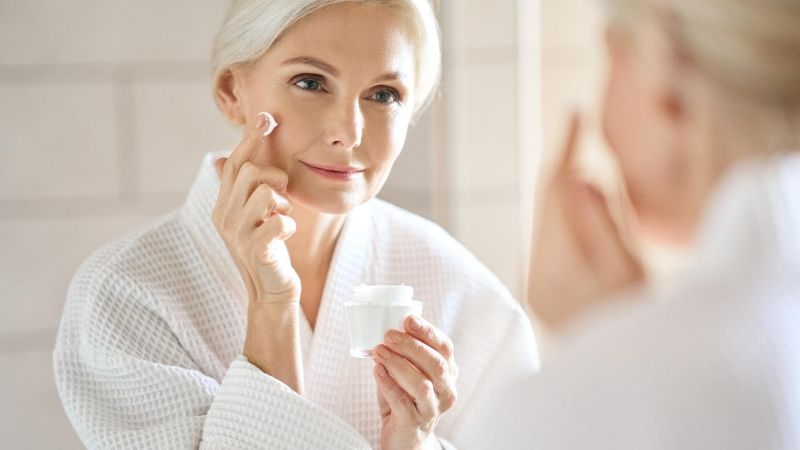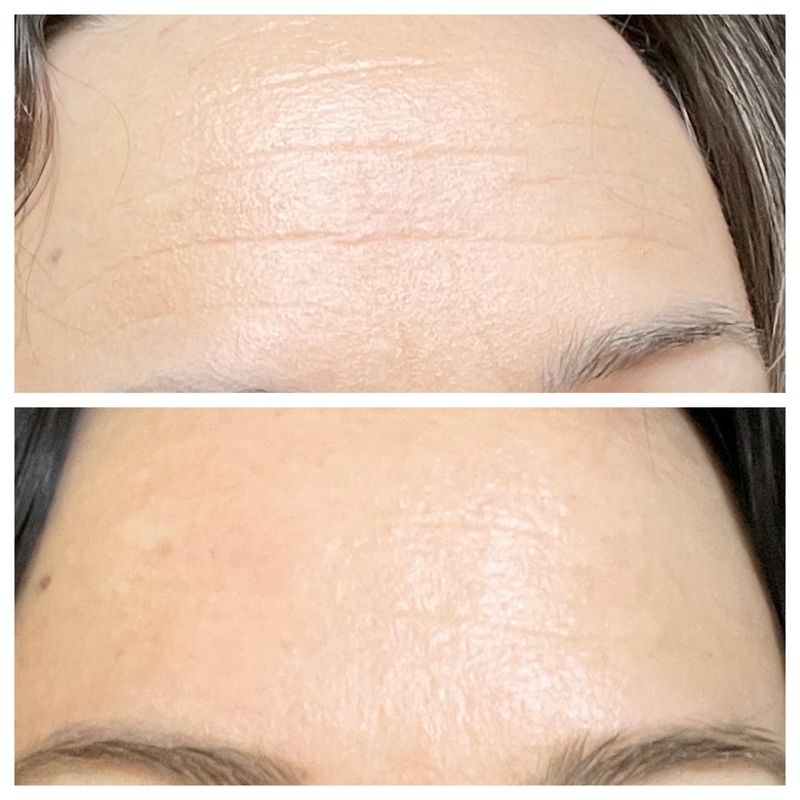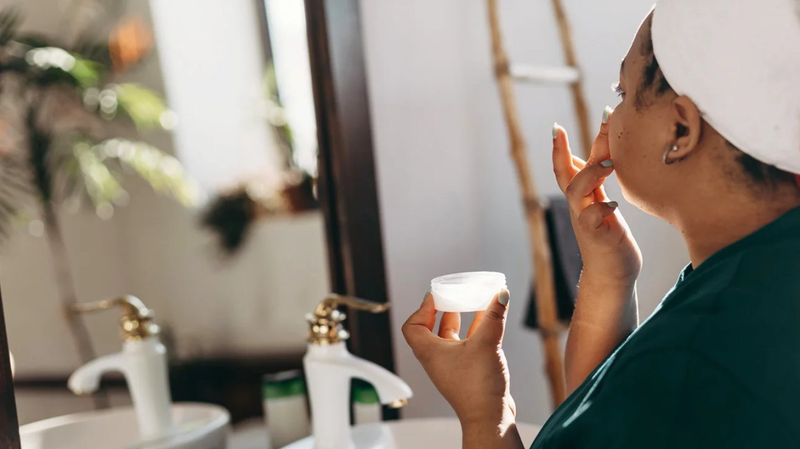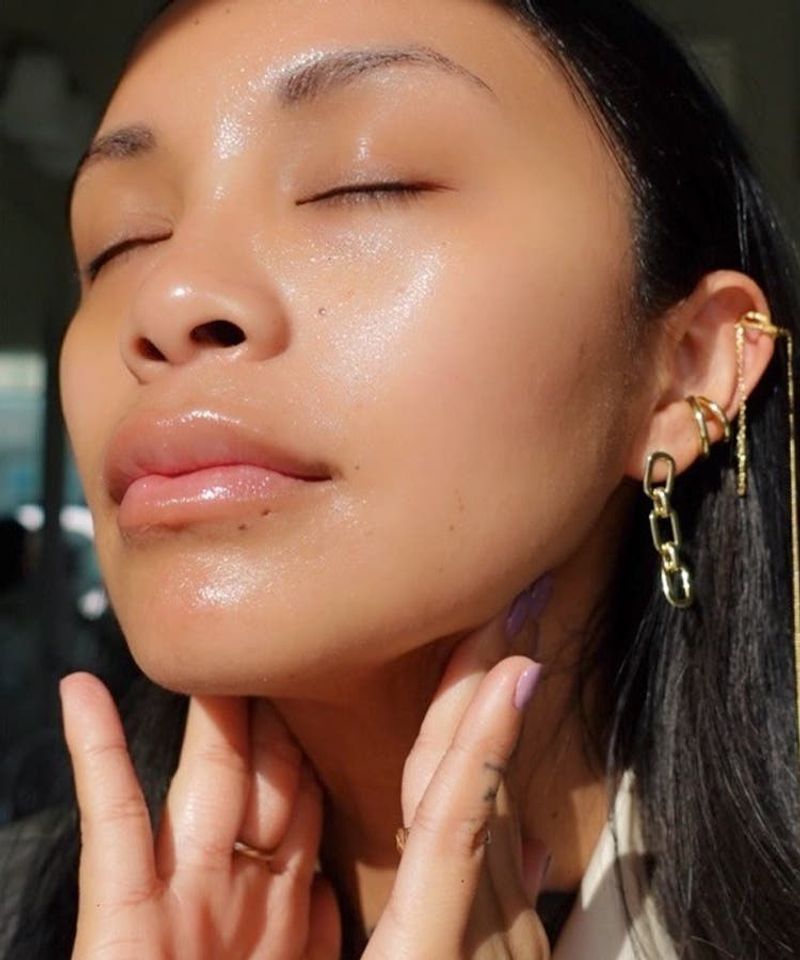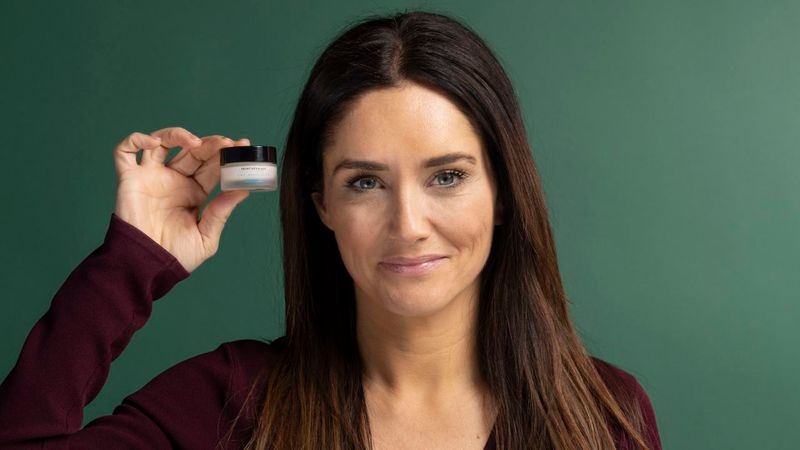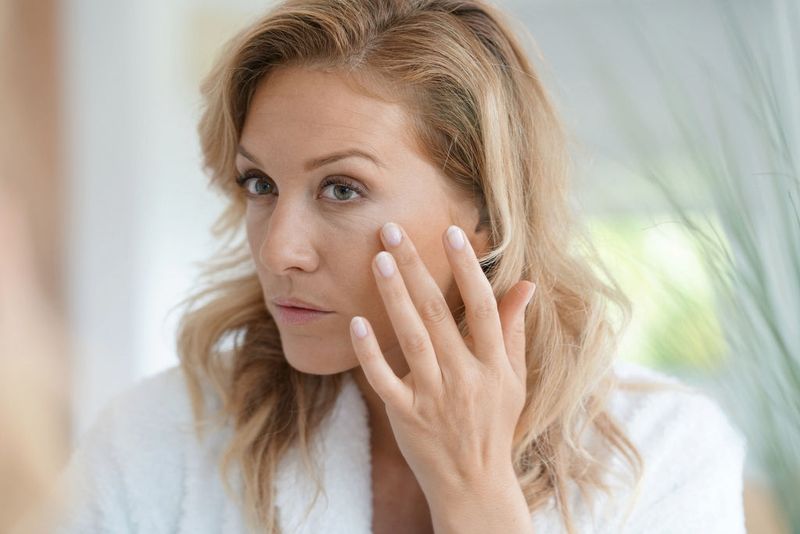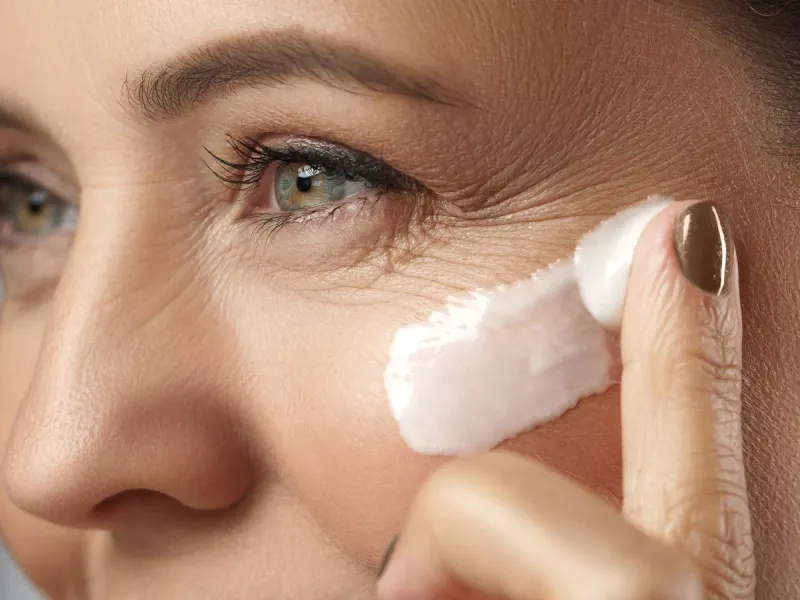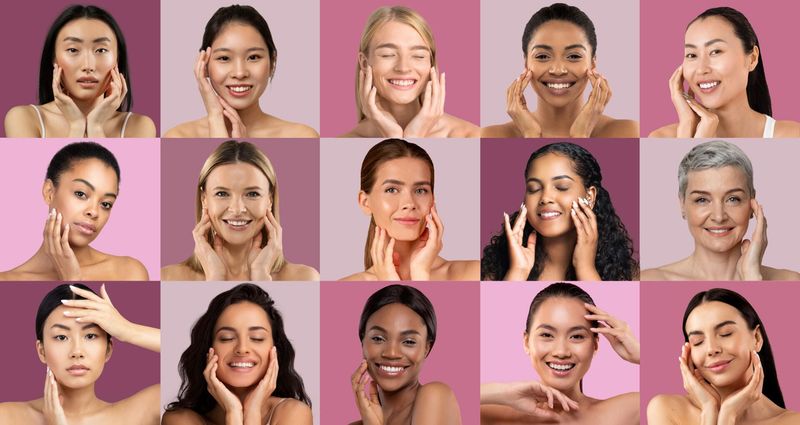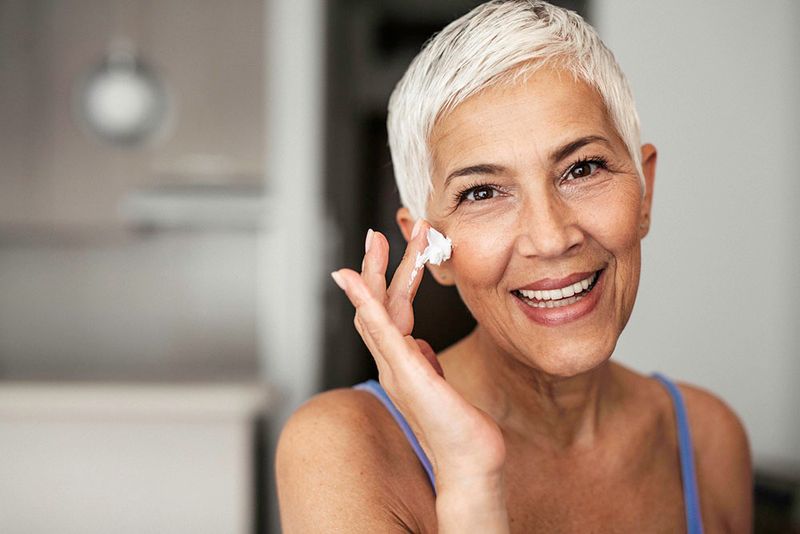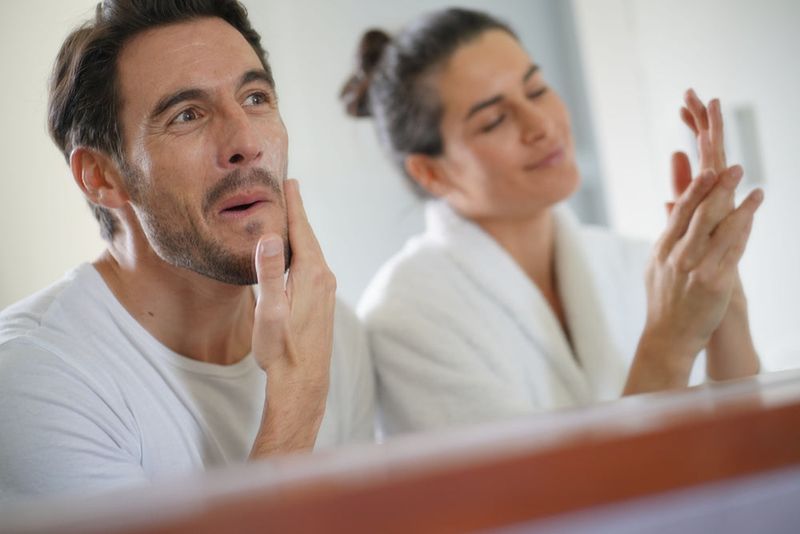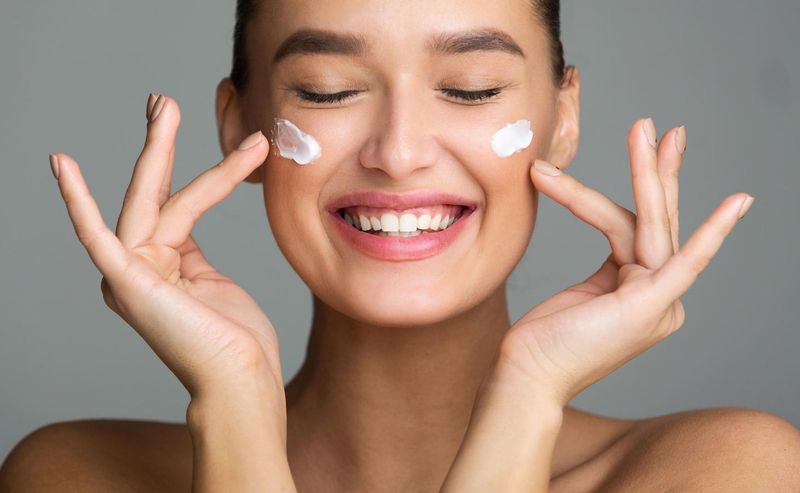Hey gorgeous! As a makeup artist who’s worked with thousands of faces, I’ve heard it all when it comes to anti-aging products. The beauty industry thrives on promises, but not everything you hear is gospel truth. Let me spill the real tea about those creams and serums that claim to turn back the clock—separating fact from fiction once and for all!
1. Expensive Products Always Work Better
Price tags don’t determine effectiveness, honey! I’ve seen $20 drugstore retinols outperform $200 luxury creams on my clients.
The magic lies in active ingredients and their concentration, not fancy packaging or celebrity endorsements. Your wallet might thank you for this reality check!
2. You Need to Start Anti-Aging Products at 40
Whoever said prevention isn’t better than cure clearly wasn’t a beauty expert! Starting in your twenties with sunscreen and gentle antioxidants creates a foundation for gorgeous skin later.
Though don’t panic if you’re already past that—it’s never too late to begin your skincare journey!
3. Natural Products Are Always Safer
Oh honey, poison ivy is natural too, but you wouldn’t slather it on your face! Some natural ingredients cause more irritation than lab-created ones.
What matters is formulation quality and your skin’s response. I’ve seen clients break out from coconut oil while thriving on synthetic hyaluronic acid!
4. Anti-Aging Products Will Erase All Wrinkles
If I had a dollar for every client expecting miracle eraser results overnight! Topical products can improve texture and diminish fine lines, but they won’t completely eliminate deep wrinkles.
Think of them as management tools rather than magic wands. Realistic expectations are your best beauty asset!
5. Men Don’t Need Anti-Aging Products
Newsflash! Skin doesn’t check gender before aging. Though men’s skin is typically thicker with more collagen, it still needs protection and care.
Some of my male clients have the most impressive skincare routines—and their glowing complexions prove it works! Aging doesn’t discriminate, so why should skincare?
6. More Product Means Better Results
Yikes! Slathering on half the jar won’t speed up results—it might actually trigger irritation or breakouts. I’ve rescued countless clients who went overboard thinking more is better.
Skincare ingredients need time to work their magic. A pea-sized amount is usually perfect for most products!
7. Anti-Aging Products Work Overnight
If only, darling! Even my celebrity clients can’t achieve instant transformation without my makeup tricks. Most active ingredients need 4-12 weeks of consistent use to show visible results.
This is why I always tell clients to take before photos—you’ll be amazed at the gradual improvements!
8. You Need a 10-Step Routine
Heavens, no! Those elaborate Korean beauty routines aren’t mandatory for everyone. Some of my clients with the most gorgeous skin stick to just 3-4 quality products.
Consistency trumps complexity every time. Find what works for your lifestyle—because the best routine is one you’ll actually follow!
9. Face Oils Make You Look Younger
Though face oils can give a temporary plumping effect, they’re not youth elixirs by themselves. Many of my mature clients swear by oils for added glow, but they’re using actives underneath.
Oils seal in moisture and treatments but rarely contain the ingredients that stimulate collagen production.
10. Eye Creams Are Just Expensive Moisturizers
Contrary to popular belief, dedicated eye products serve a purpose! The skin around your eyes is thinner and more delicate than elsewhere on your face.
However, I’ll let you in on a secret—while some eye creams are worth it, others absolutely are just repackaged facial moisturizers with inflated prices!
11. Anti-Aging Products Can Replace Sunscreen
Absolutely not! No anti-aging ingredient—not even retinol, peptides, or vitamin C—can replace daily SPF. Sun damage accounts for about 80% of visible aging!
I’ve seen the difference in identical twins where one used sunscreen religiously and the other didn’t. The evidence was written all over their faces!
12. Botox Alternatives in Creams Actually Work
Sorry to burst your bubble! Those “Botox in a jar” claims make me roll my eyes harder than when clients lick their makeup brushes.
While peptides can mildly relax expression lines, nothing topical can freeze muscles like Botox. Anyone promising otherwise is selling you expensive hopes, not results!
13. Collagen Creams Replace Lost Collagen
Here’s the truth: collagen molecules in creams are too large to penetrate your skin deeply. They might temporarily plump the surface, but they won’t rebuild your structural collagen.
Instead, look for ingredients that stimulate your own collagen production—retinoids, peptides, and vitamin C are my go-to recommendations!
14. Anti-Aging Products Work The Same For Everyone
If that were true, I’d be out of a job! Skin is as unique as fingerprints—what works miracles for your bestie might do nothing for you.
Factors like genetics, lifestyle, environment, and skin type all influence how products perform. This is why personalized routines will always outperform trending products!
15. Once You Start, You Can’t Stop Using Them
While your results might fade if you discontinue certain products, your skin won’t suddenly age ten years overnight! This fear-mongering keeps customers buying unnecessarily.
Think of skincare like exercise—benefits accumulate over time, and taking breaks won’t immediately reverse all your progress.
16. Anti-Aging Products Are Just For Women
How archaic! Gender has nothing to do with wanting healthy, vibrant skin. Some of my favorite clients are men who take impeccable care of their complexions.
The only real difference is that men’s products often have different packaging and fragrances—but the active ingredients addressing aging are identical!
17. You Need Separate Day and Night Creams
Sometimes marketing is just…marketing! While some ingredients work better at certain times (like retinol at night), many moisturizers work perfectly round-the-clock.
I’ve streamlined many clients’ routines by eliminating unnecessary duplicates. Save your money for products with active ingredients that actually make a difference!

